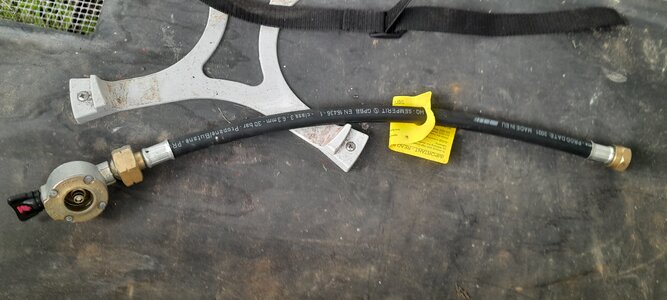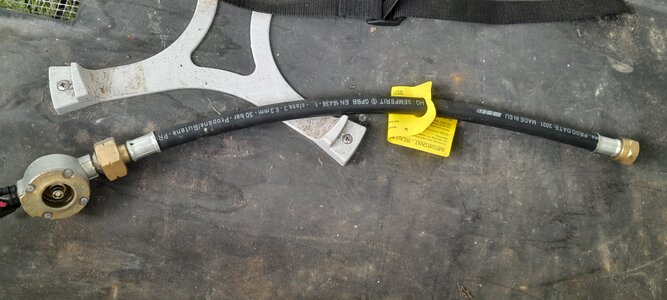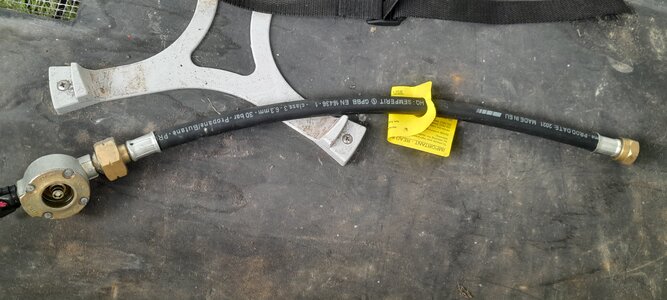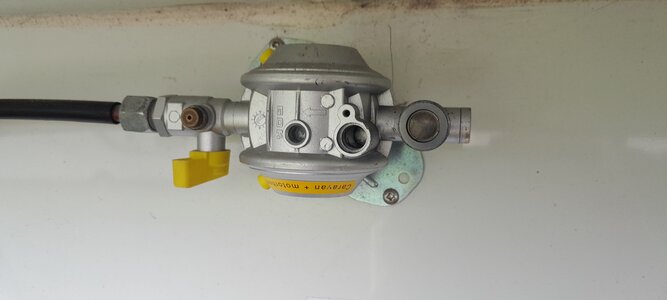Gonna be on a seasonal pitch on ehu, we only plan to fry bacon and eggs, maybe do sausage and mash and a chilli nothing fancy, the sausages could done in an air fryer.
Do I really need a gas bottle, feel a bit edgy about using one being a newbie.
Do I really need a gas bottle, feel a bit edgy about using one being a newbie.





